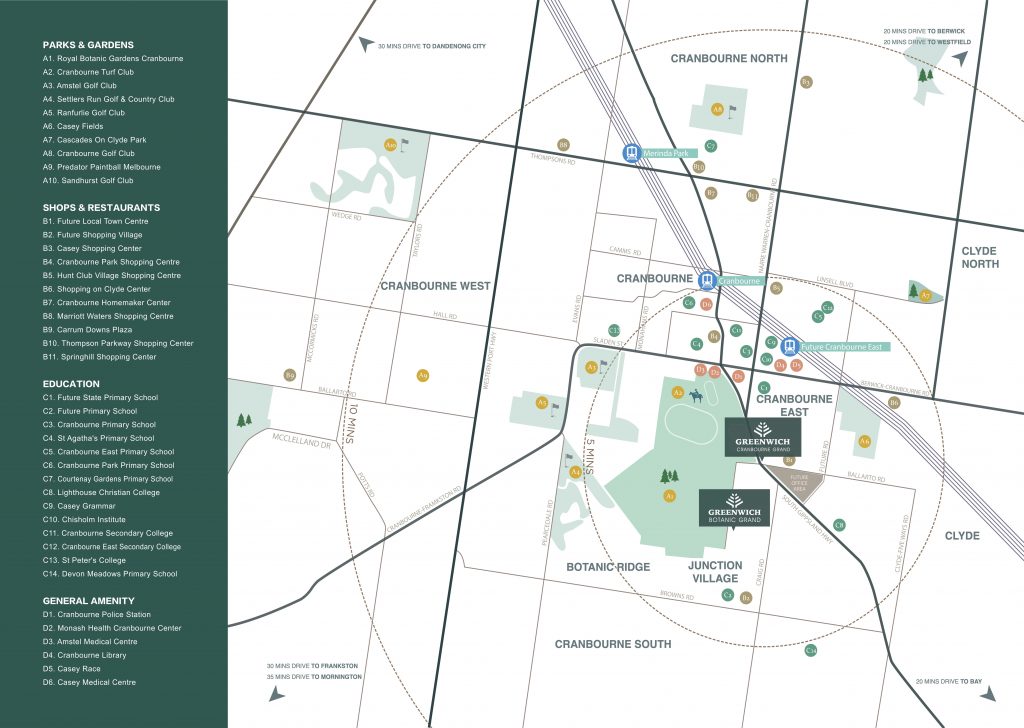
If you can’t afford to buy in the area where you rent – become a rentvestor and get the best of both worlds.
Heat in property markets across many of Australia’s capital cities has left the latest generation of first home buyers/ first time investors struggling to save the deposit needed to enter the market. As a result, first home buyers, many with busy office jobs in the CBD, are now faced with the prospect of buying a more affordable home out in the suburbs. Lengthy daily commutes and life away from exciting city living however may make the dream of home ownership less appealing.
That is unless they chose to rentvest.
The concept is simple: Buy an investment property where you can afford, but remain renting in the area you want to live. Here are some of the reasons why rentvesting is gaining popularity particularly with generation Y:
At first, it might not seem to make sense – why pay off a mortgage and rent at the same time? Wouldn’t it be easier to just buy your home?
Well you could if you lived there for 12 months to obtain the FHBG and other incentives on offer then…Rentvest

Lower deposit:
Because the house is further away from the city, chances are you can buy it for less. This means the size of the deposit needed is lower and won’t take as long to save.
Rentvesting can give you the best of both worlds. You can buy a property and rent it out to cover some or all of your ownership costs, while continuing to rent the home where you live.
Rental income:
Putting tenants in the property means it will start to generate a rental income that you can put towards mortgage payments. Depending on the size of the property and the rental return, it may bring in the same amount of rental income as what you pay for your smaller inner-city rental. Or, if it is less, then you may only have to top it up a bit each week and may potentially claim this shortfall as a tax deduction. If your investment property is earning you a profit, you could even use that income towards your home rental costs.
Negative gearing:
Unlike loans for owner occupied property purchases, where the mortgage is not tax deductible, loans for property investment purposes are generally tax deductible. Of course, for most rentvestors, the ultimate goal is to also see the value of the property increase over time and debt levels reduce.
Lifestyle:
Renting close to the city, the beach, or your family means that younger generations can continue to live the lifestyle of their choosing. Commute times are smaller with easy access to bars, cafes and social activities. It all depends on your budget, life stage and the lifestyle you want.
The old saying goes that each generation should successively end up wealthier than the last. So gen X should be better off than the baby boomers, and gen Y should be better off than gen X. Unfortunately, it seems this pattern is about to be broken and one reason is because it’s becoming increasingly difficult for gen Y’s to get on the property ladder. As a solution, more first home buyers are turning to rentvesting to finally make the leap into property ownership.
Copied and critiqued from Liberty Financial
